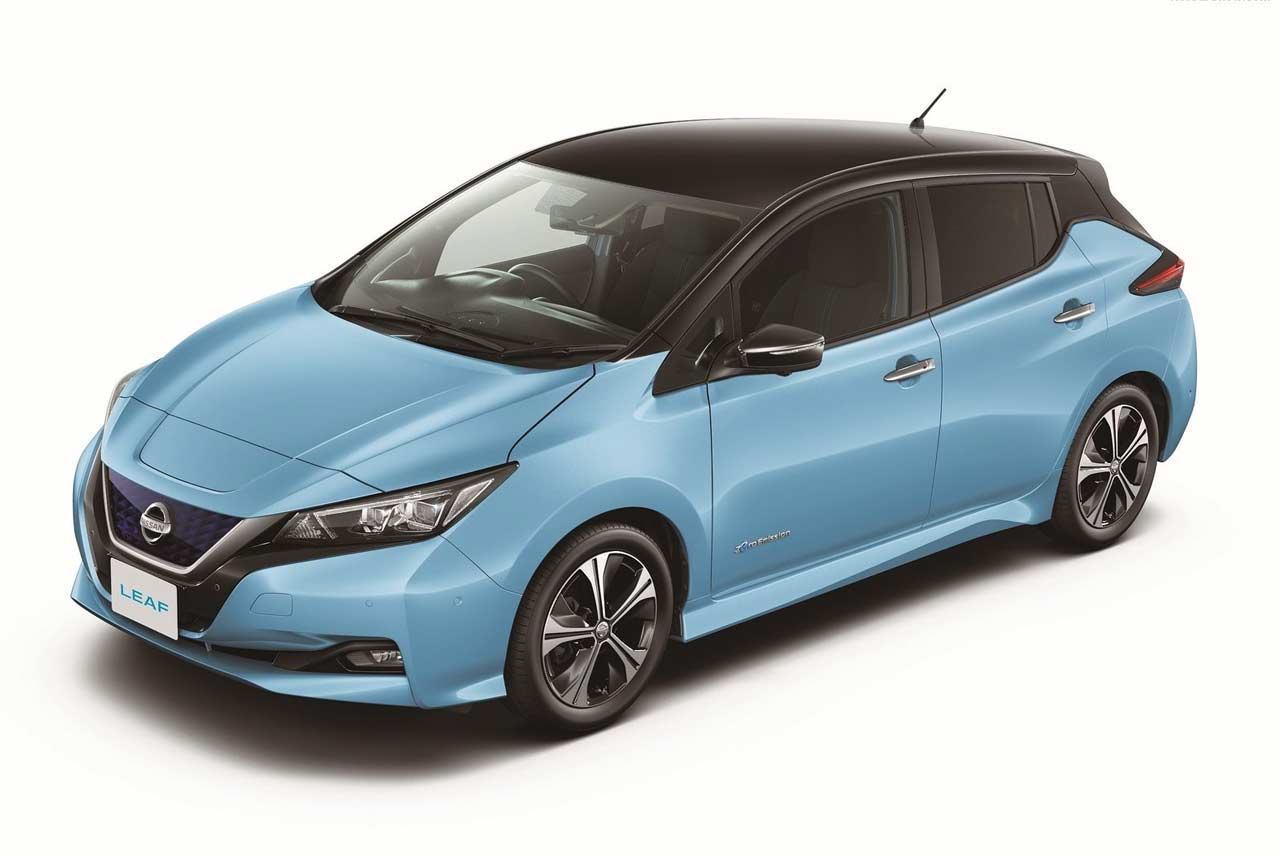You are thinking about trading in your gas-powered vehicle for an electric vehicle and you are not sure where to begin. We would like to focus on electric vehicles for the month of March and to start us off we are going to share some things to consider before purchasing your first electric vehicle. Some things to consider are the cost or savings from owning an electric vehicle, their maintenance, how they affect the environment and then once you decide to go for it, which make and model you will choose.
Maintenance:
Electrical Vehicle maintenance is lower because there are far fewer parts, compared to a combustion engine, to require repair. Tires, Windshield wipers, brakes (less often than gas cars), updates, coolant system, Fluids: brake fluid and windshield wiper fluid, Tesla Model S transmission fluid, emissions testing and battery system replacement.
Battery System Replacement Tip: Over time your vehicle’s battery will lose efficiency and will need to be replaced. This is a pretty expensive cost, although it can be avoided if your vehicle is leased or sold prior to battery replacement necessity.
Electrical Vehicle brakes tend to last a lot longer because of regenerative braking. When the driver presses the pedal, some or all the slowing comes from engaging an electric motor that acts as a generator to turn the car's momentum into electricity that recharges the battery pack.
Costs you will be avoided by giving up your gas-powered vehicle for an electric model are oil changes, tune-ups, air/fuel filters, exhaust system repairs and gas. Trading in gas for an electric charge will save you money over the course of owning your vehicle.
Environmentally Friendly:
Being that the commercial sale of electric vehicles is still new compared to combustion vehicles, manufacturers are dealing with issues that could be helped by battery improvement. They are always trying to improve their carbon footprint. There is a common argument about whether electric vehicles are benefiting the environment or not. One side says they are and the other says they are not. Things like energy required during manufacturing and charging are pointed out. Here are some things to be aware of when charging your battery. When using coal-powered electricity, there is no cut in emissions, using natural gas electricity will cut the emissions but using carbon power results in less than half the combustion of a gas-powered vehicle.
Range:
Every electrical vehicle has a range of miles it will be able to travel on one full charge of its battery. Range lengths may vary depending on your driving styles, driving conditions and more. Example: In freezing temperatures below 20 degrees Fahrenheit an electric vehicle can lose more than half of their range.
TIP: You can download charging apps on your phone to find charging locations while on a road trip.
Make and Model:
We have searched manufacturer websites and compiled a list of popular electrical vehicle choices and their cost, range and in some cases the time they take to charge.
Hyundai Ioniq
Range: 124 Mile Range
Charge Time: Time was not listed on the Hyundai website, but it did say the vehicle is DC Fast Charging capable.
Cost: New $29,500
Only available to CA residents

Kia Soul EV
Range: 11 Mile Range
Charge Time: Time was not listed on the Kia website, but it did say the vehicle is DC Fast Charging capable.
Cost: New $33,950

Ford Focus
Range: 115 Mile Range
Charge Time: No charging time was listed on the Ford website for this specific vehicle.
Cost: New $29,995
Only sold in (CA/CT/MA/MD/ME/NJ/NY/OR/RI/VT) at Ford EV Certified Dealers

Fiat 500e
Range: 84 Mile Range
Charge Time: No charging time was listed on the Fiat website for this specific vehicle.
Cost: New $32,995
Only available in CA or OR

BMW i3
Range: 114 Mile Range
Charge Time: 120Volt/3-4 miles per hour, 240Volt/26 miles per hour and DC 480Volt/80% full charge in 30 minutes
Cost: New $44,450

Chevrolet Bolt EV
Range: 238 Mile Range
Charge Time: 240Volt/25 miles per hour, DC fast charging/90mph in 30 minutes
Cost: New $37,495

Nissan Leaf
Range: 151 Mile Range
Charge Time:
Money Saving – Cost: New $29,990

Tesla Model S
Range: 75D = 275 Mile Range, 100D = 351 Mile Range, P100D = 337 Mile Range
Charge Time:
Money Saving – Cost: New $72,750 - $153,500

Tesla Model X
Range: 295 Mile Range
Charge Time:
Money Saving – Cost: New $67,800 - $154,000

Tesla Model Roadster
Range: 620 Mile Range
Charge Time:
Money Saving – Cost: $200,000 - $250,000 with a $50,000 reservation fee

Tesla is claiming the newly unveiled Roadster model will be the fastest car in the world, with record-setting acceleration, range and performance, according to Tesla. 0-60 in 1.9 seconds and a top speed over 250 miles per hour. The vehicle was unveiled in November of 2017.
Roadster Unveil from Tesla, Inc on Vimeo.
Electrical vehicles are the future of the environment, helping to reduce global warming and are economically friendly. Some countries are planning to make the production of gas-powered engines obsolete by the year 2040. It is good to understand the electric vehicle industry as it will likely be the vehicle of the future.







Share:
Power Inlets
Milwaukee RV Show